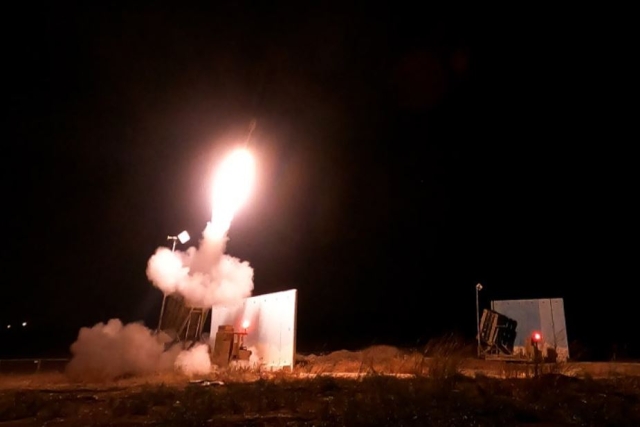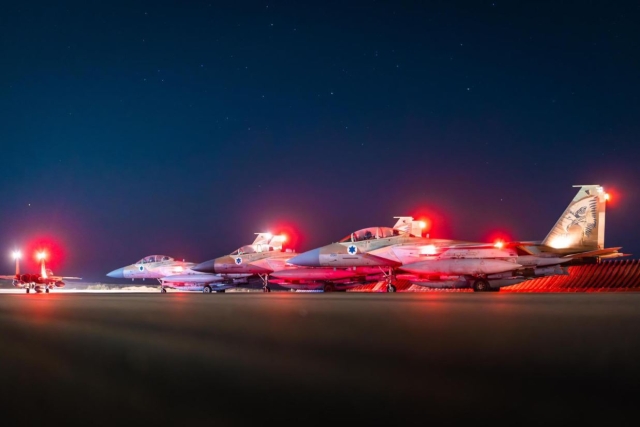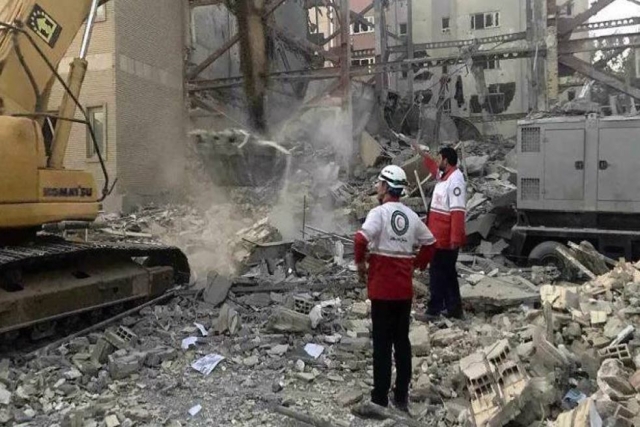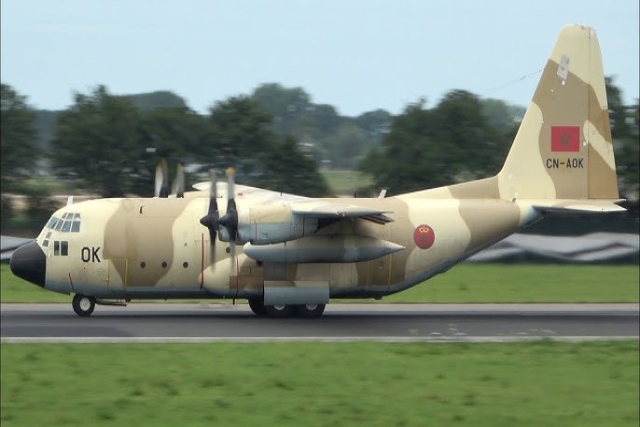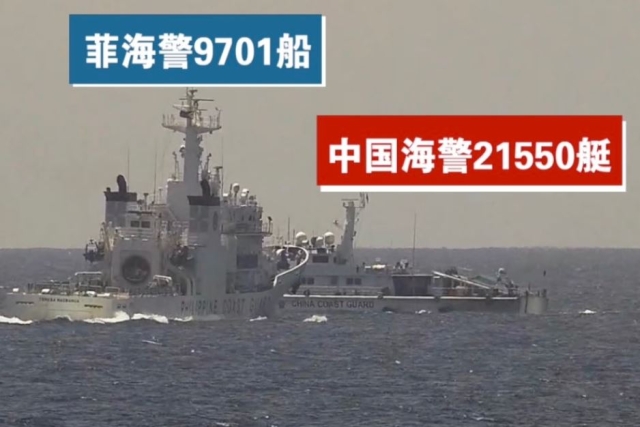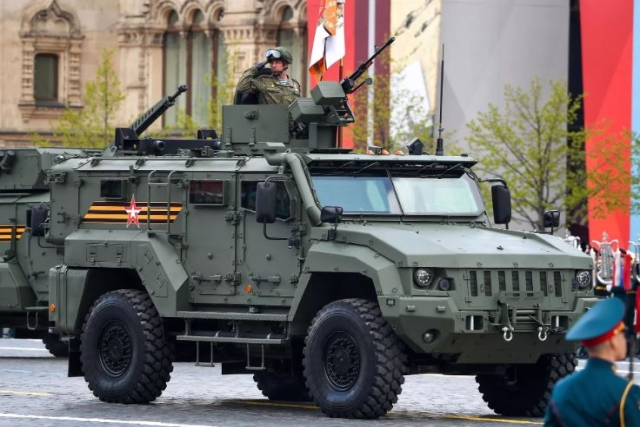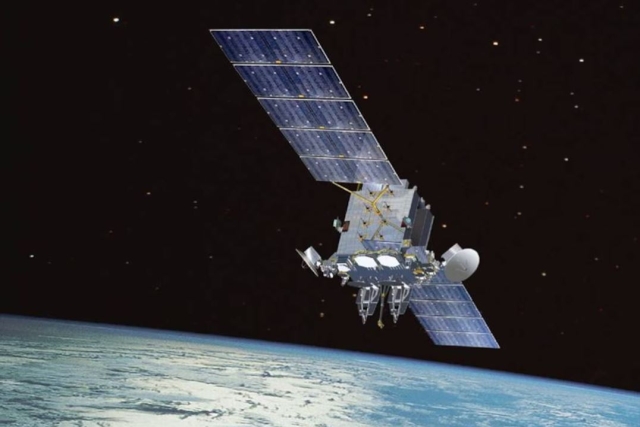Iran Acquiring Chinese HQ-9B Air Defense System Fearing Another Israeli, U.S. Strike?
Tehran reinforces its depleted air defenses with China’s HQ-9B amid fears of renewed strikes following the recent Israel-Iran conflict.
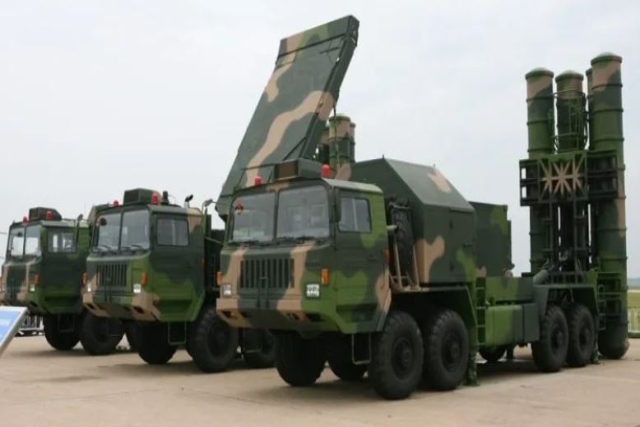
Iran is reportedly acquiring advanced Chinese air defense systems, including the long-range HQ-9B and HQ-22 surface-to-air missile batteries, in a rapid effort to rebuild its air defense shield amid fears of a renewed Israeli and U.S. strike.
According to reports, the delivery follows the 12-day Israel-Iran conflict that severely damaged Iran’s strategic air defense assets. Iran is said to be paying for them with oil—strengthening its growing defense and trade ties with China, which already absorbs nearly 90% of Iran’s crude exports.
The HQ-9B, modeled after Russia’s S-300, has a reported range of up to 250 kilometers and can engage targets at altitudes of 45 to 50 kilometers. It is equipped with high-energy AESA radars designed to resist jamming. The HQ-22, also known as FK-3 in export form, provides medium-range coverage with interception altitudes up to 27 kilometers. Iranian forces receiving the systems include both the regular Air Defense Forces (Artesh) and the IRGC Military Space Command.
Delivery of these weapons reportedly began after the ceasefire on June 24. While the exact number of missile batteries delivered remains undisclosed, analysts suggest the acquisition reflects Tehran’s growing frustration with Russian weapons—particularly after the widely reported failure of its S-300 systems during the recent Israeli air campaign.
Iran has previously relied on a mix of Russian and domestic air defense systems, including the S-300 and the Bavar-373.
Following repeated delays in Russia’s delivery of Su-35 fighter jets, Iran’s interest may now be shifting toward China’s J-10C aircraft.
Military analysts warn that while these Chinese air defense systems may offer improved capabilities, they are unlikely to offer full protection against stealth aircraft like the U.S. F-22 or Israel’s F-35I Adir. Experts argue that unless Iran also acquires modern fighter jets—such as China’s J-10C armed with PL-15 air-to-air missiles—it will struggle to repel any coordinated air campaign involving Western fifth-generation aircraft.
A report by Axios this week noted that U.S. defense officials signaled readiness to support Israel if further strikes on Iran are launched. The delivery of Chinese missile systems, therefore, appears aimed at deterring such action while filling critical gaps in Iran’s air defense grid.
